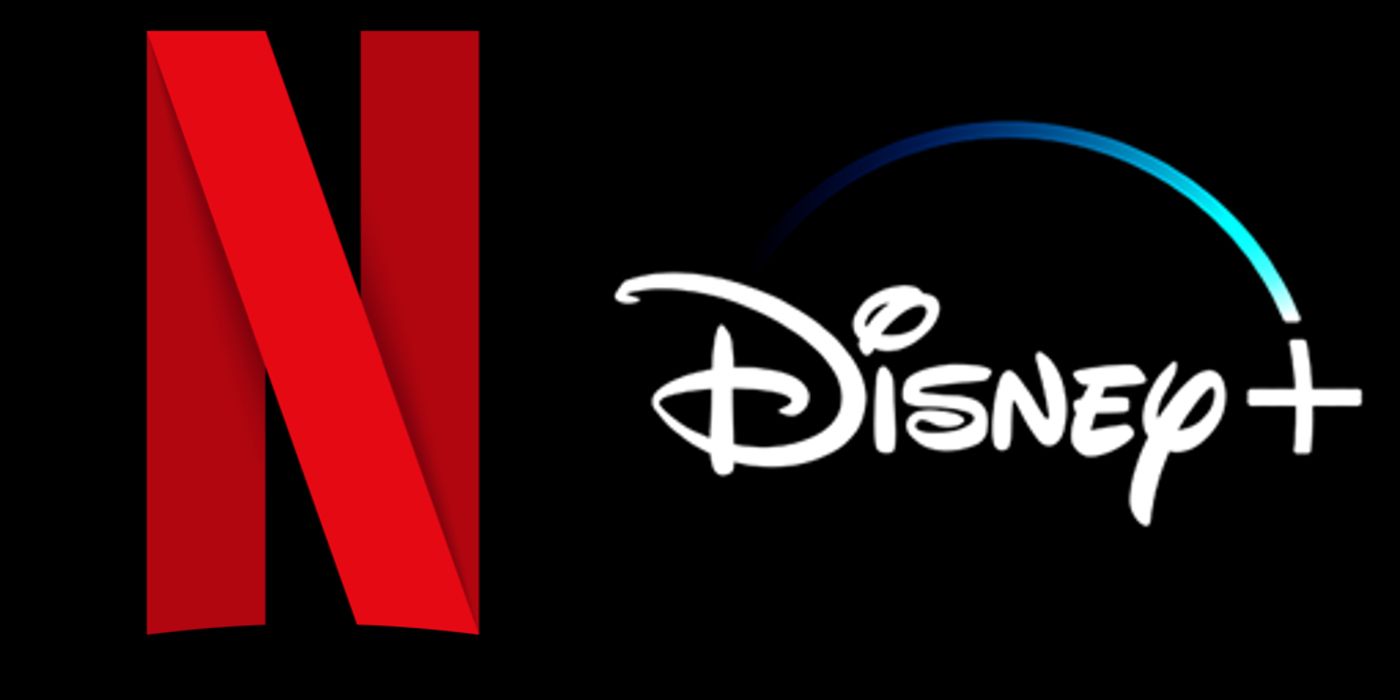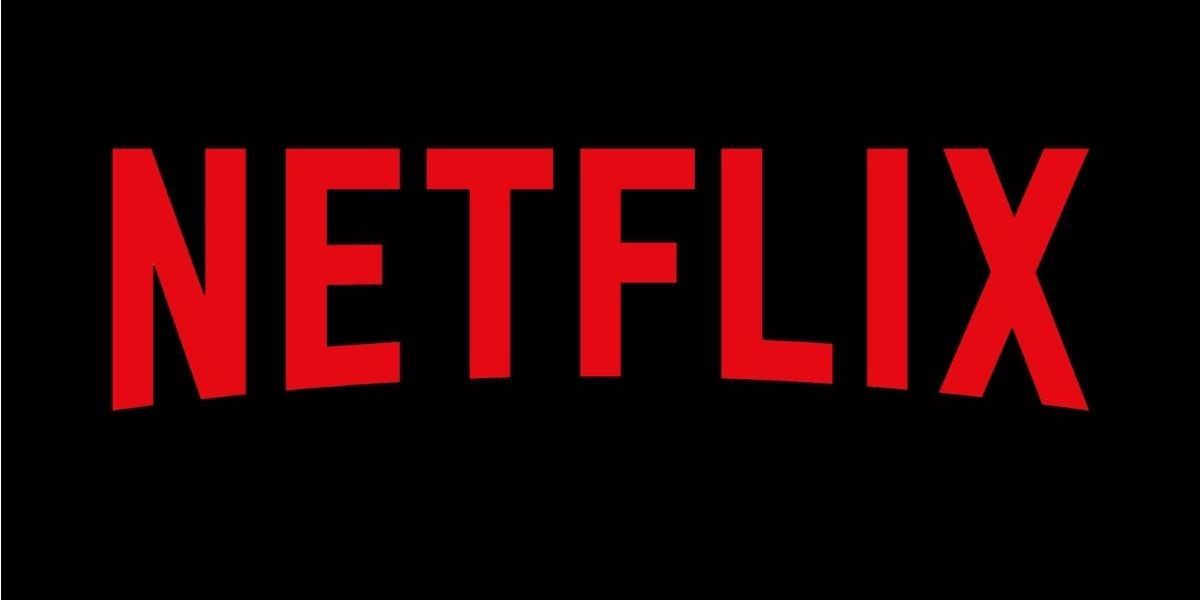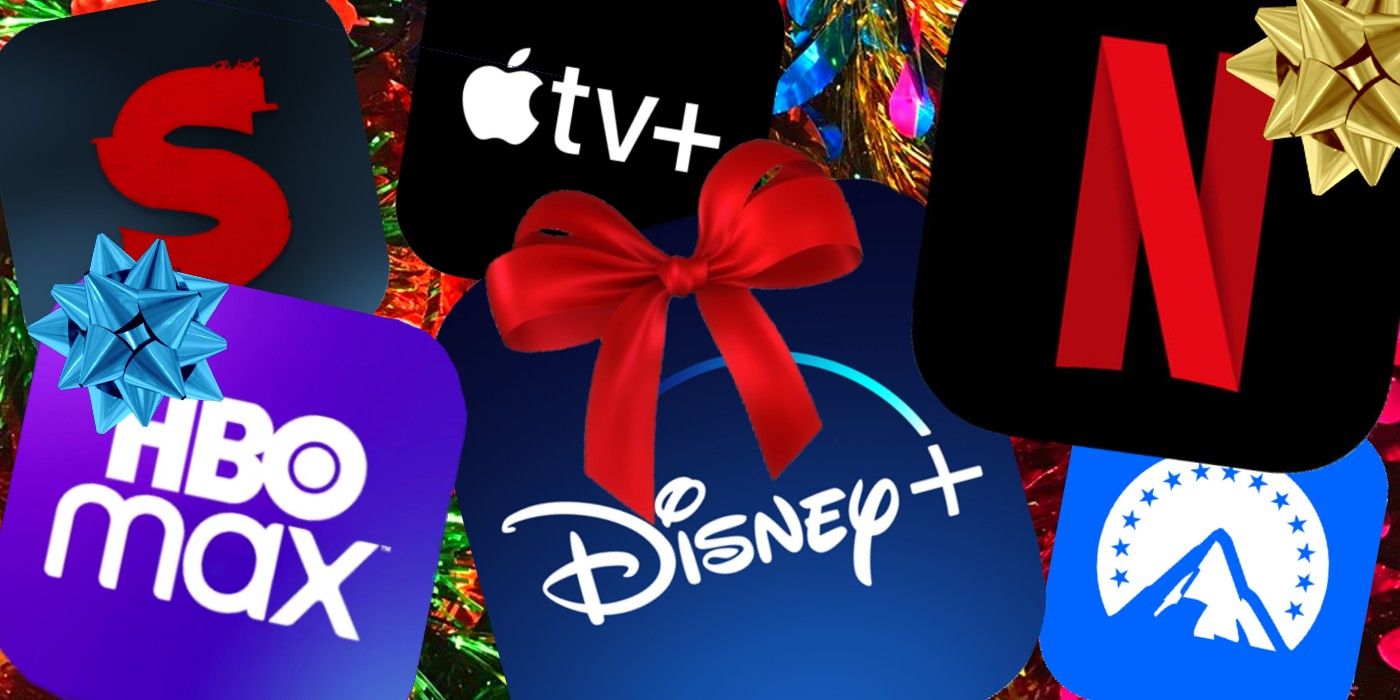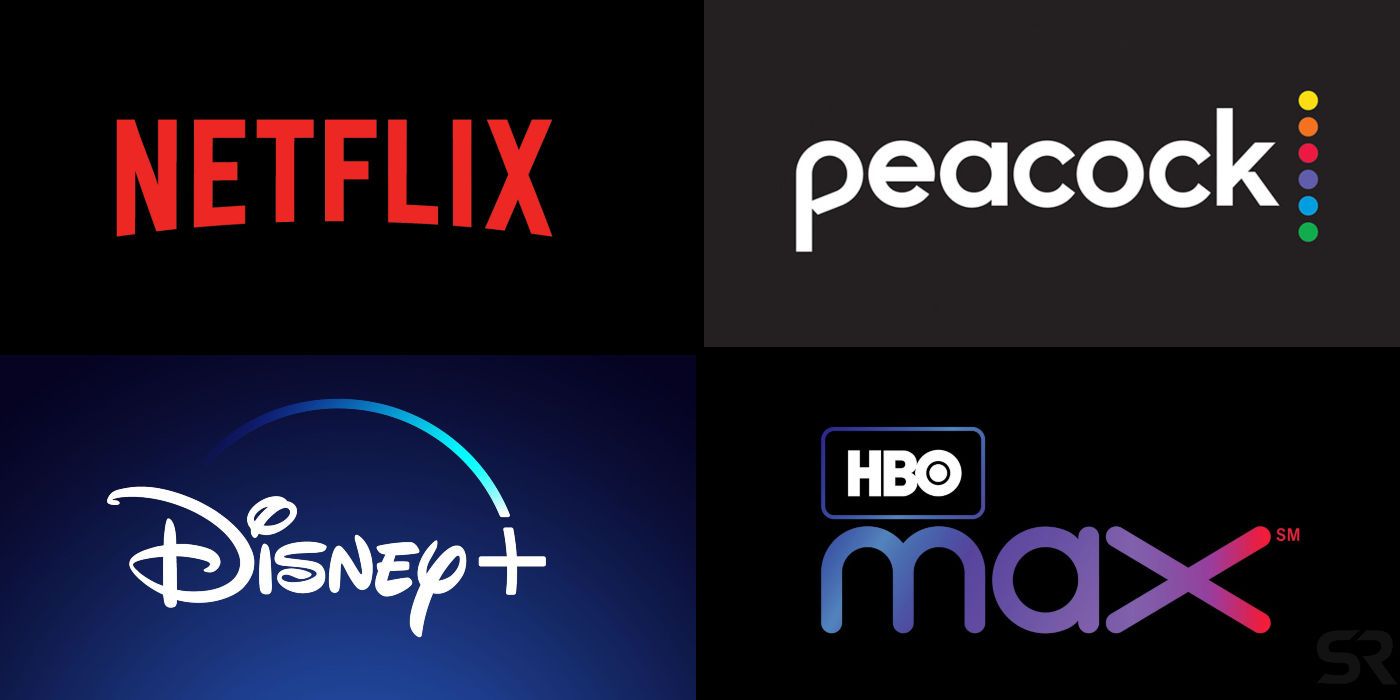Disney+ is the latest of the popular streaming services to announce the addition of ads and commercials to the site, after Netflix announced the same, with both companies seemingly missing the point of streaming services completely. Streaming services continue to be arguably the most popular service for consuming TV/film in recent years since Netflix kick-started the business in 2007. Since then, companies like Disney, Amazon, Paramount, and HBO, to name a few, have branched out into the world of online streaming.
The popularity of streaming services and their original content cannot be overstated. Netflix, for example, produces some of the most sought-after shows like Stranger Things, alongside popular movies from stars like Ryan Reynolds. Due to the popularity of Netflix and its original content, Disney looked to capitalize on this trend with the launch of Disney+ in November 2019. Since then, the service has expanded to many other countries worldwide and become an exclusive home for many sought-after film and TV franchises.
With the launch of Disney+ came the lure of original content in the vein of Netflix's, a promise which Disney emphatically followed through on. From the release of Star Wars shows such as The Mandalorian and Obi-Wan Kenobi to the unprecedented TV expansion of the MCU, Disney+ is producing seemingly endless, quality original content in the same vein as Netflix. However, in 2022, both Netflix and Disney+ announced that they would be bringing advertisements to their services, leading many to question why this is the case and if both companies are missing the point of the services entirely.
Why Streaming Services Like Netflix & Disney+ Are Adding Commercials
The answer to why Netflix and Disney+ are introducing commercials is simple: revenue. Including ads on their streaming services not only means the companies will earn from the regular subscription fees of their patrons but advertisement companies as well. From a business perspective, the move is smart, allowing both companies to double-dip their revenue. However, in packaging the inclusion of advertisements as good for the consumer, the move comes across as a way to squeeze money from customers. The inclusion of ads will undoubtedly benefit both companies and potentially offset some of the problems they have been facing, such as Netflix losing subscribers, but it is both out of touch with the needs of consumers and smacks of a corner-cutting way to increase revenue.
Streaming Services Having Adverts Misses The Point
Outside of this, including advertisements means that both companies have completely missed the point of the services in the first place. Initially, streaming services and their insurgence over the last decade were marketed around customers moving on from cable TV. Rather than having to sit through advertisements and commercials midway through content, streaming services would allow for an uninterrupted means of consuming TV and film. Including advertisements on services like Disney+ and Netflix kills their appeal, simply reverting both back to "regular TV," something that streaming services were supposed to be the replacement of. Not only would advertisements negatively affect the overall services, but sticking commercials amid original content such as Disney+'s Marvel TV shows would grind all excitement potentially generated by those projects to a halt.
Will Streaming Services Adding Commercials Work?
Naturally, with streaming services adding commercials, the first question worth asking is if it will have the desired effect. Given how Netflix and Disney+ are two of the biggest streaming services in the business, it is evident that the companies themselves think it will benefit them. However, it is the customers paying for the services that will decide whether the addition of ads is a detriment to them or not. Disney+, for example, is planning to increase its prices to $10.99 a month to obtain "Disney+ Premium," which is the same service Disney+ is currently providing (ad-free) for $7.99. The current plan for Disney+, priced less than HBO Max and Netflix at $7.99 a month, will change to include commercials and advertisements, meaning consumers would have to pay more to receive the service without them.
It remains to be seen whether consumers will find issues with Disney+'s new pricing in this case, particularly as customers will be suddenly expected to pay more to remove ads from their viewing experience. While companies such as YouTube already offer this kind of service, streaming services are a different beast altogether, as the concept of advertisements goes directly against what they were created for. In the case of Netflix, it is almost the opposite situation. Prices for Netflix's regular subscription, offering the same service, as usual, are on the rise, with an advertisement-heavy version of Netflix available at a reduced price should consumers want a cheaper deal. Whether either of these plans works in the best interest of the companies remains to be seen, yet if consumers decide the best option is to cancel the subscriptions altogether due to both companies missing the point of their inception, it is fair to say the decision would be a failure.




